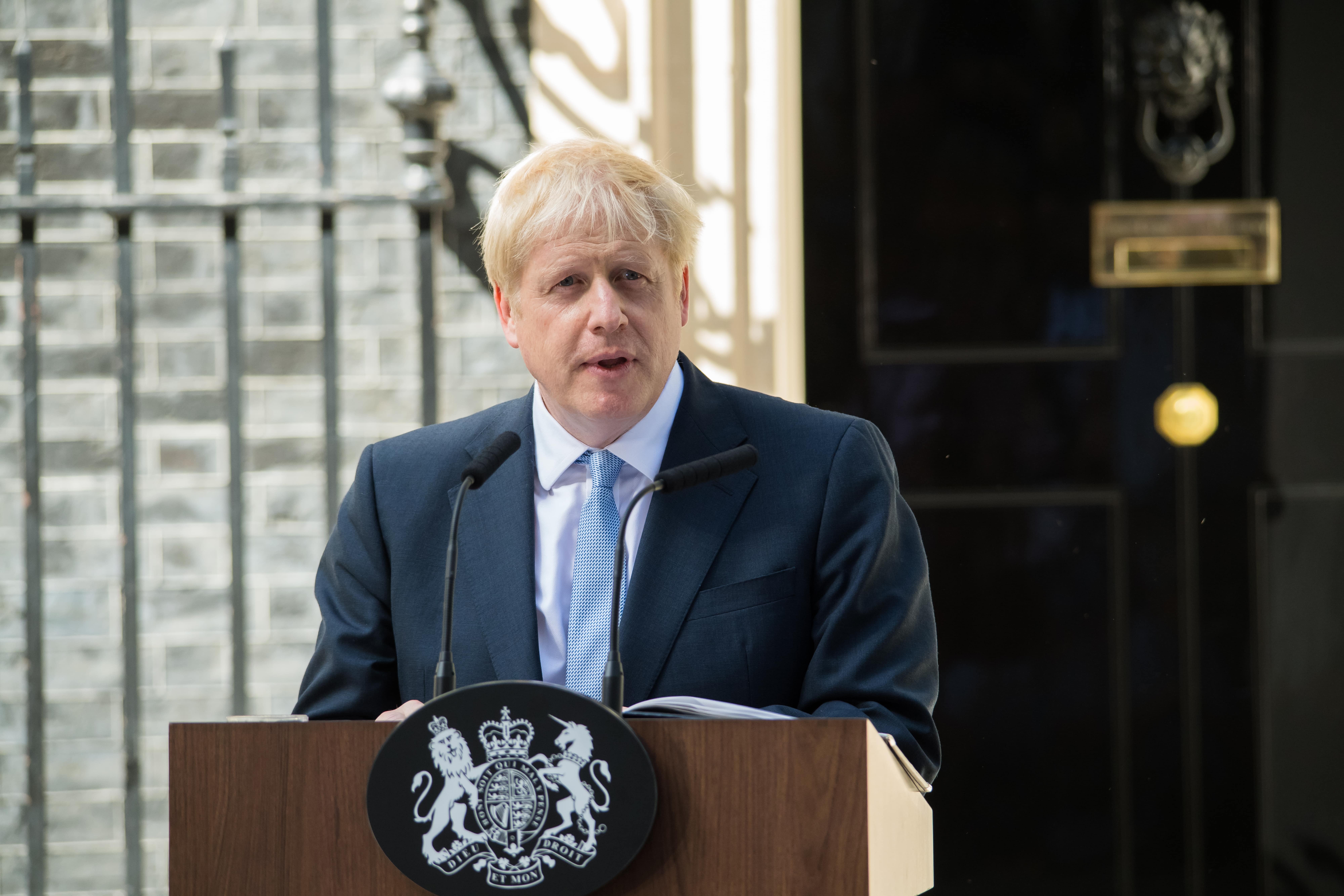News - Construction News
Funding Given for Transport Revolution

Entrepreneurs and innovators alike that are pioneering new ways to create a better transport system are set to see their ideas being brought to life thanks to new UK Government funding. The announcement was made last week by Transport Minister, Trudy Harrison.
Around 53 projects are set to get a share of £1.95 million in Department for Transport funding. Past winners include a purifying system to lower virus transmission on trains, a portable charger for use at remote locations, and a battery cooling system.
In the last round of funding (2020), the University of Surrey constructed a device which could make it safer for people to travel. This device could be installed on trains and buses to purify the air as well as lowering the transmission rate of certain viruses, including Coronavirus.
Similarly, Greenway Innovations developed a system which attracts and grabs virus droplets produced when people cough. This system has the ability to be installed on trains to purify the air and lower transmission of viruses.
Transport Minister Trudy Harrison said: “Backing innovation is a priority for us and I’m delighted to be supporting Britain’s budding entrepreneurs, as they help us to ensure people can travel at ease and to solve the complex task of decarbonising our transport system.
“This is vital as we look ahead to a greener and safer transport future that will create jobs right across the UK.”
QDot has also created a battery cooling system, thanks to funding it received in the last round of the competition. The design includes a built-in cooling tab that allows heat to be conducted away rapidly, allowing drivers to charge their vehicles quickly by preventing battery packs from getting too hot.
Meanwhile, thanks to Government funding, a portable charging solution that can allow drivers to charge at remote sites, including festivals and tourist attractions, is being developed by Pragmatex. The device can also be used to ‘concentrate’ mains supply where there is little excess power available – charging the battery slowly from constrained supply and then rapidly transferring this stored energy to a vehicle when and where it can charge rapidly.
Now in its 11th round of funding, the Transport Research and Innovation Grant (TRIG) brings together talented start-ups – mainly SMEs and universities – and policymakers at the earliest stages of innovation.
By issuing targeted investments of up to £30,000 for each project, the fund aims to help budding start-ups and academics propel their ideas to market quicker.
If you would like to read more stories like this, then please click here
Related Articles
More News
- Building the next generation
17 Jul 25
We are facing a skills crossroads in our industry, says Richard Martin, Managing Director, Churngold
- Plan to kickstart onshore wind revolution
17 Jul 25
Onshore wind is set to accelerate over the second half of the decade.
- Homes England supports Greencore Homes with new sustainable homes
16 Jul 25
Homes England will provide funding to support the delivery of Milton Heights.






